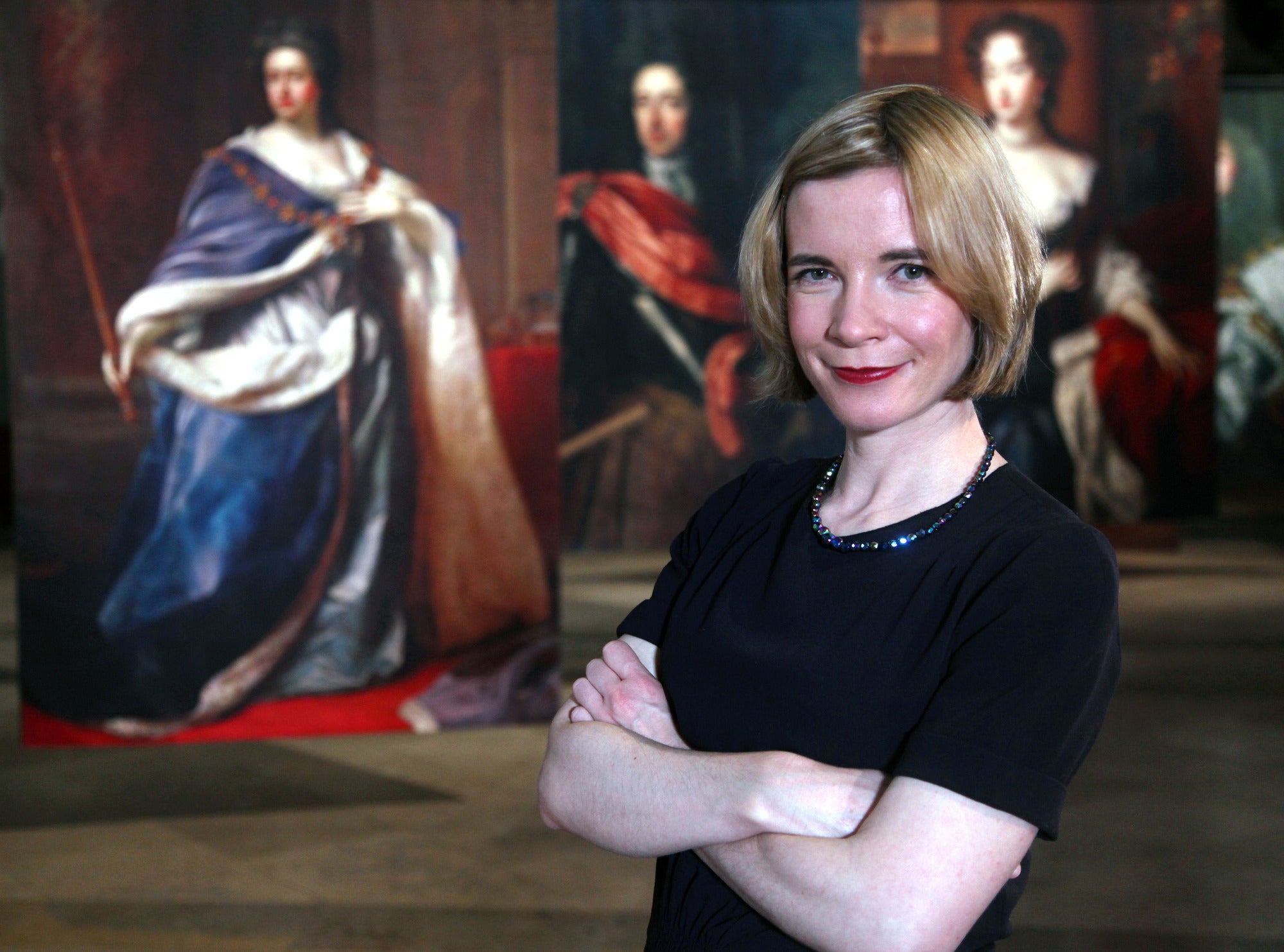TV review - Fit to Rule: How Royal Illness Changed History, BBC

Your support helps us to tell the story
From reproductive rights to climate change to Big Tech, The Independent is on the ground when the story is developing. Whether it's investigating the financials of Elon Musk's pro-Trump PAC or producing our latest documentary, 'The A Word', which shines a light on the American women fighting for reproductive rights, we know how important it is to parse out the facts from the messaging.
At such a critical moment in US history, we need reporters on the ground. Your donation allows us to keep sending journalists to speak to both sides of the story.
The Independent is trusted by Americans across the entire political spectrum. And unlike many other quality news outlets, we choose not to lock Americans out of our reporting and analysis with paywalls. We believe quality journalism should be available to everyone, paid for by those who can afford it.
Your support makes all the difference.Fit to Rule: How Royal Illness Changed History had a fairly interesting premise: that it wasn't the power and strength of our monarchs that determined British history so much as their frailties. "I'm going to reveal the chinks in the royal armour," promised Lucy Worsley, chief curator at the Historic Royal Palaces.
And she started well enough, with a Tudor pisspot that had been recovered from a Hampton Court archaeological dig, which provided the focus for a discussion of Henry VIII's waterworks – the regal urine being checked daily for signs of disturbance. And with Henry, the argument that individual physiology might have national effects was on pretty solid ground, the King's ability to sow the seeds of his own dynasty being a legitimate matter of court gossip.
But as the programme continued it turned into a far more straightforward narrative of court history – briefly touching on the accidents of illness and bodily frailty but not really offering much in the way of medical revelation. And in some cases the definition of "royal illness" seemed worryingly broad. I guess that the Jacobeans might have thought of James I's homosexuality as a disorder, but I'm assuming Worsley doesn't, however instrumental it was in the affairs of state.
She seemed a bit vague about some of her evidence too. The orthopaedic boots she inspected in the Museum of London had always been "associated" with Charles I, she said cautiously. Michael Gove will approve of the sturdy kings and queens chronology. Other viewers might hope for a few more medical case notes in future programmes.
For this slot Tom Sutcliffe also wrote a review of BBC1's 'The Prisoners', due to be broadcast last night but postponed because of the death of Margaret Thatcher
Join our commenting forum
Join thought-provoking conversations, follow other Independent readers and see their replies
Comments